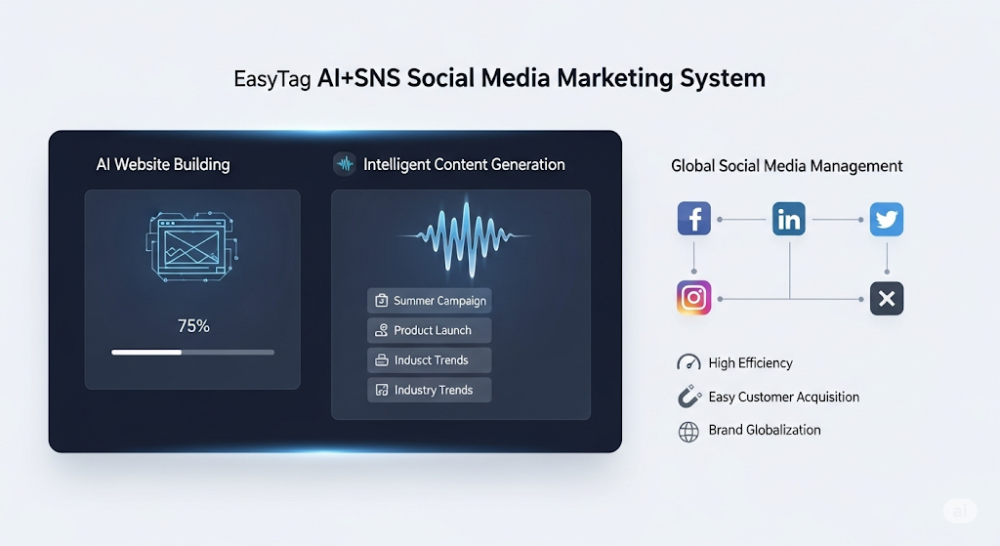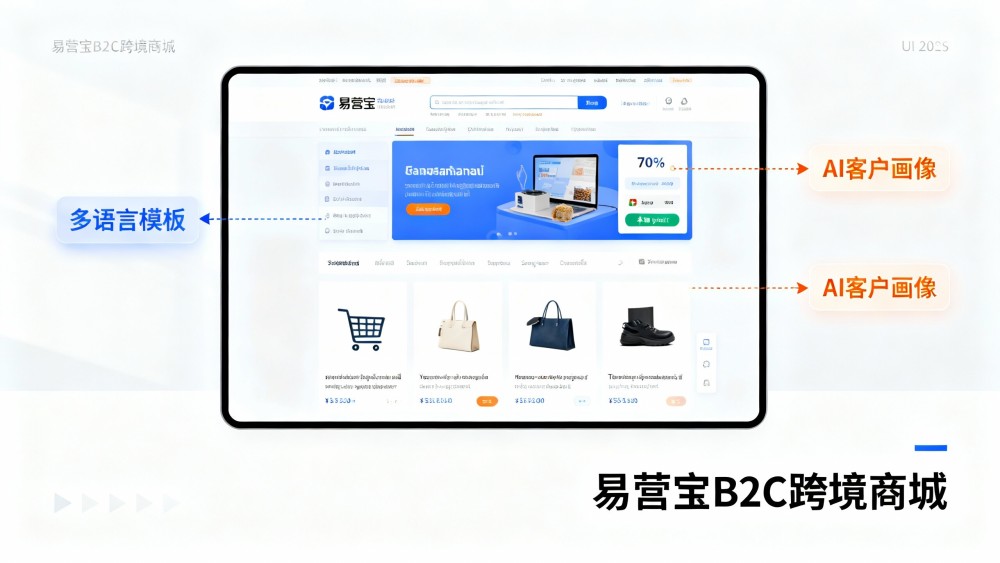A: How significant is the impact of the Yemen conflict on Google foreign trade ads?
B: If the Strait of Hormuz is closed, logistics costs in the Middle East core region will soar, market demand will collapse, and original advertising strategies will become ineffective.
A: Should we pause ad placements in the Middle East?
B: No pause, but reduce focus on conflict zones, lower pricing in affected areas, and shift to rebuilding markets in surrounding regions. Consider targeting postwar reconstruction markets like Iraq, focusing on steel and construction material ads.
A: How should ad budgets be reallocated?
B: Reduce budgets for conflict zones and reallocate to Europe, the US, Africa, and Asia. Reserve some budget to capture new opportunities from geopolitical shifts, such as products like protective silk screens.
A: How should ad keywords be planned?
B: Add new terms like "Hormuz alternative routes" and "non-strait steel transport," combined with long-tail keywords like "anti-inflation" and "multi-warehouse direct shipping" to precisely reach clients prioritizing supply chain stability.
A: What should ad selling points highlight?
B: Emphasize supply chain resilience, logistics cost advantages, and 24/7 logistics monitoring to address client concerns.
A: How to use Google Trends to predict future ad directions?
B: Use Google Trends to analyze keyword heat shifts like "postwar steel demand" and "new energy infrastructure steel," prepare related ad creatives in advance, and seize market opportunities.













